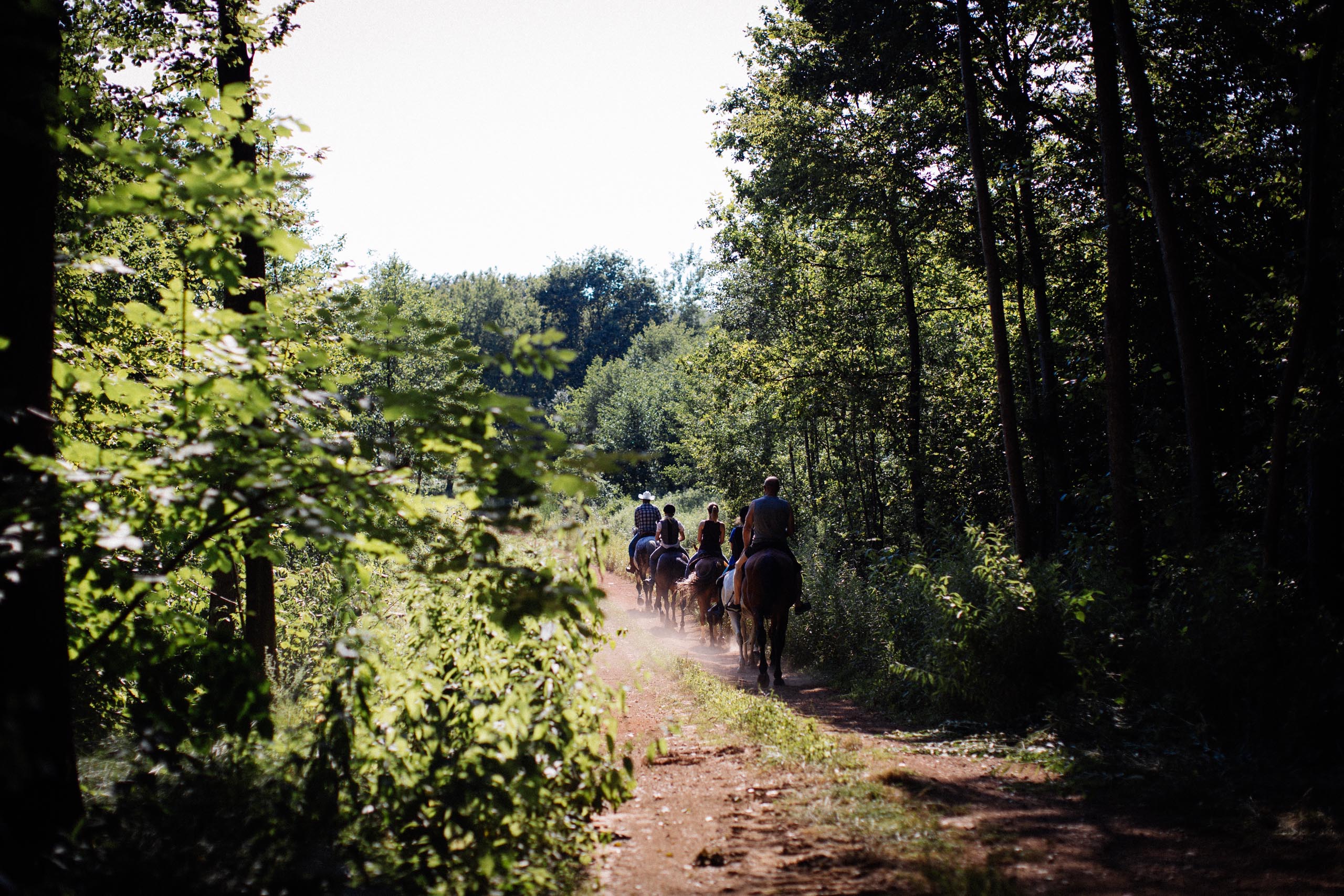Understanding the psychological underpinnings of equine behavior is crucial for building meaningful connections with horses and promoting their well-being. Here, we delve into several key psychological factors and their correlations with horse behavior, shedding light on the intricate dynamics that shape their actions and reactions.
Emotions:
Emotions serve as significant drivers of horse behavior. Horses experience a broad spectrum of emotions, including fear, joy, anxiety, boredom, and anger. These emotions influence how a horse perceives the world around them and responds to various situations. For instance, a horse feeling secure and content is likely to exhibit relaxed and friendly behavior, whereas one experiencing fear or threat may display signs of stress or aggression.
Experience and Learning:
Experience and learning play pivotal roles in shaping equine behavior. Horses learn from their past experiences and adjust their behavior accordingly. For example, a horse that has had a negative experience with a particular situation may develop fear or distrust towards similar circumstances in the future. Conversely, a horse with positive experiences in a specific activity is likely to show greater interest and cooperation in that activity.
Communication:
Horses communicate with each other and with humans through energy, various signals, and gestures. Understanding equine communication is essential for interpreting their behavior and establishing effective mutual understanding. For instance, a horse may use energy, body language, facial expressions, sounds, and other gestures to express their needs, emotions, or intentions. Understanding these signals enables us to accurately interpret horse behavior and respond to their needs.
Genetics:
Genetics also play a role in determining equine behavior. Horses have certain genetic predispositions that influence their behavior, including breed characteristics and traits inherited within breeds.
Environment:
The environment in which a horse lives significantly influences its behavior. Factors such as diet, habitat, social interaction, routines, and physical activity can have a profound impact on the emotional state, mental health, and well-being of horses. Therefore, it's crucial to provide horses with optimal conditions to promote healthy and natural behavior.
These psychological factors are interconnected and intricately impact equine behavior. Understanding this interplay enables us to better comprehend horses, enhance their welfare, and cultivate harmonious relationships with them. By delving into the complexities of equine psychology, we pave the way for enriching interactions and promoting the flourishing of these magnificent animals.
